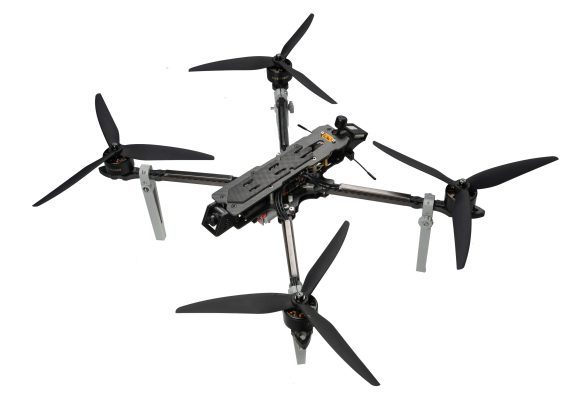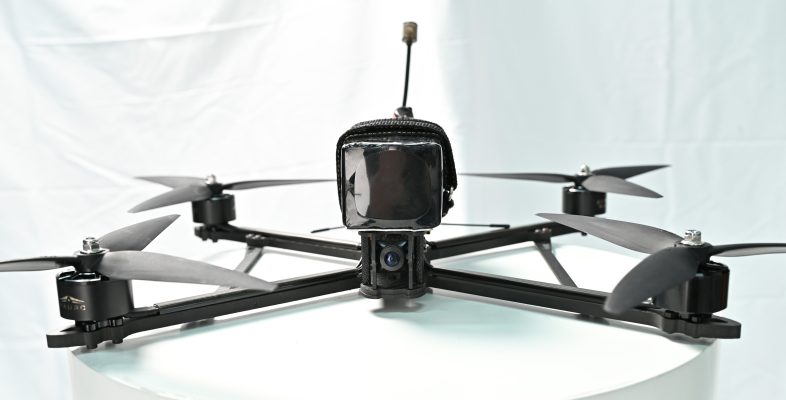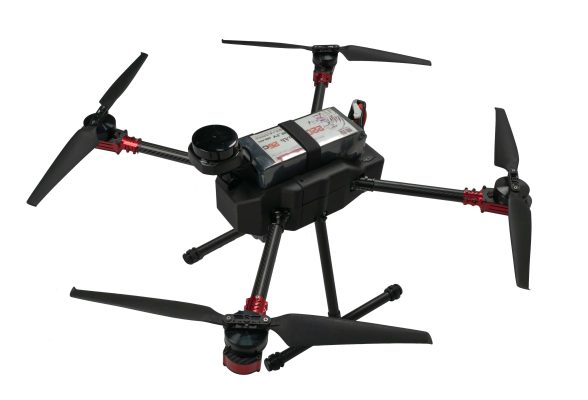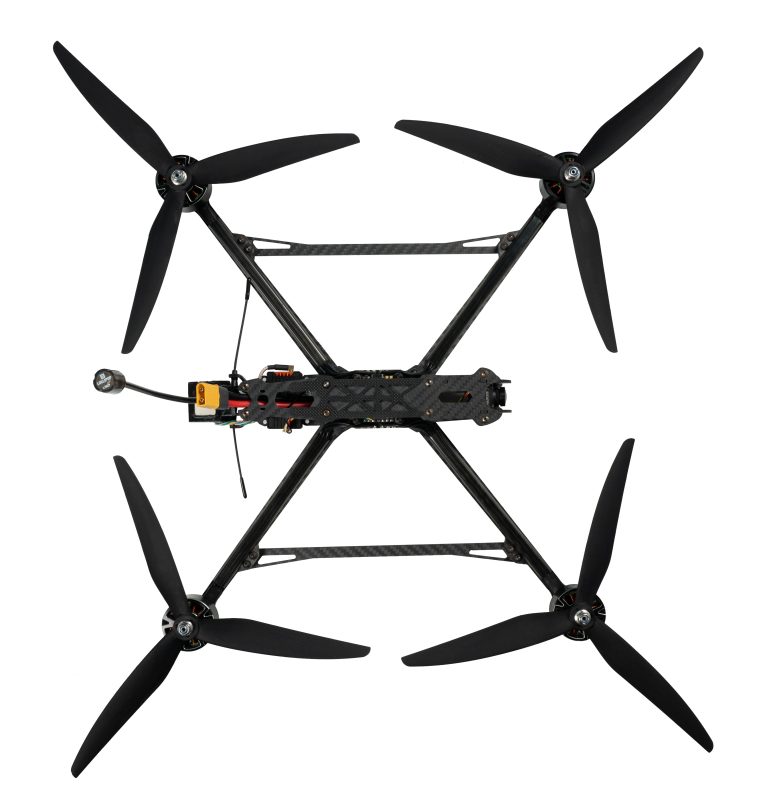Introduction
You’ve clocked hours in the simulator, mastered throttle control, and flown through digital gates like a pro. But flying in the real world brings new challenges — wind, battery limits, crashes, and pressure.
This guide helps you transition safely and confidently from FPV simulator to real-world flying, with practical tips, gear setup advice, and a progressive training plan.

1. Sim Success ≠ Real World Ready
In the sim, you can hit reset. In real life, one crash could mean hours of repair. Here’s what changes:
-
Weight & inertia feel different
-
Environmental awareness becomes critical
-
Hardware limitations (latency, battery, range) affect timing
-
Fear of crashing can disrupt your confidence
But don’t worry — if you trained right, you’re already ahead.
2. Pre-Flight: Setup & Checklist
Before your first outdoor session, ensure:
✅ Receiver bound, motors tested (without props first)
✅ Failsafe configured (cut throttle when signal lost)
✅ OSD shows voltage, RSSI, timer, and horizon
✅ Battery secured, screws tightened
✅ First few packs: use cheap props, fly in open space
Always carry spares: props, tools, batteries, zip ties.
3. Start in Angle Mode, Then Acro
Even if you’ve trained in Acro on the sim, try this:
-
Pack 1–2: Angle mode to regain physical space awareness
-
Pack 3–5: Switch to Acro, but keep it slow
-
Focus on straight lines, level turns, and throttle management
Tip: Use low camera tilt (10–15°) for better visibility and control early on.

4. Practice Patterns You Know from the Sim
Recreate what you flew in the simulator:
-
Figure 8s
-
S-turns
-
Loops around cones or trees
-
Hover box (practice altitude lock within 1m)
Familiar moves build confidence quickly — your muscle memory works best when the routine matches.
5. Film Your Flights & Debrief
Use a DVR or GoPro to review:
-
How smooth are your stick inputs?
-
Are you over-correcting or drifting?
-
Was throttle too high or too low?
-
Did you stay on the line?
Debrief after each flight. Improve one small thing per battery pack.
Conclusion
Going from sim to real FPV flying is a huge step — but with the right habits, it’s also the most rewarding. Take it slow, respect your gear, and enjoy the freedom of true FPV flight. You’re not a beginner anymore — you’re a real pilot now.



